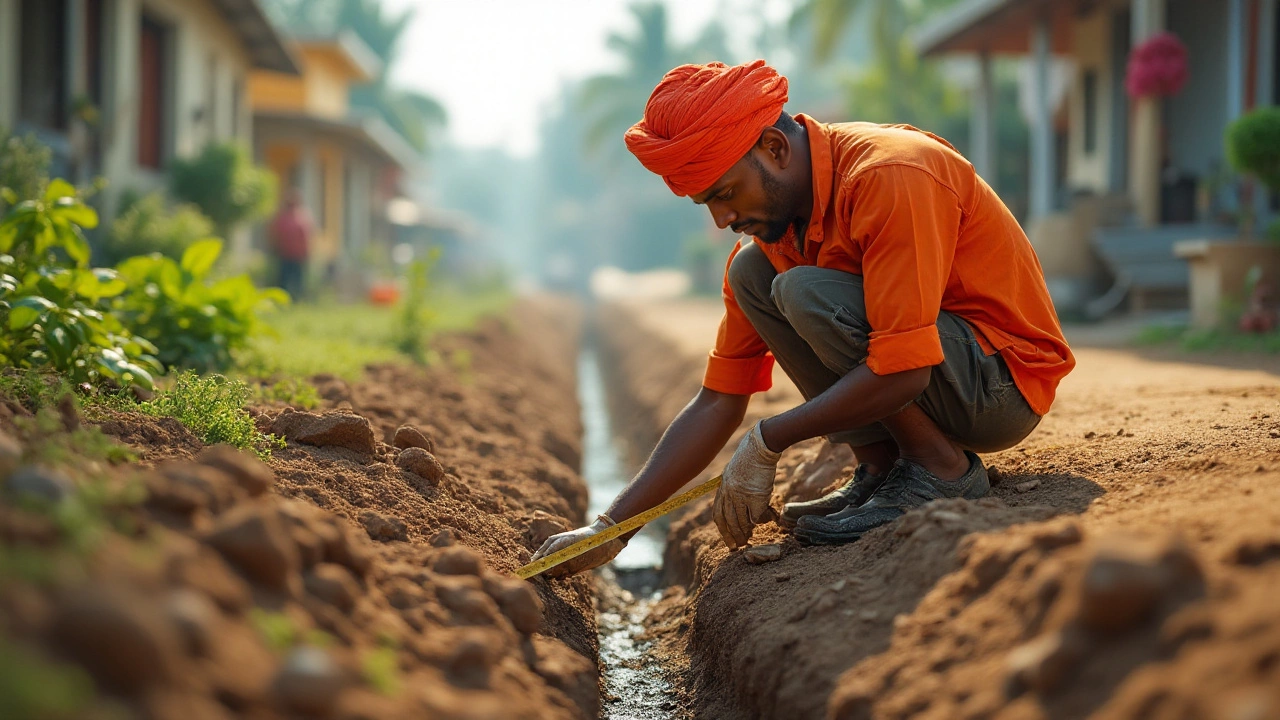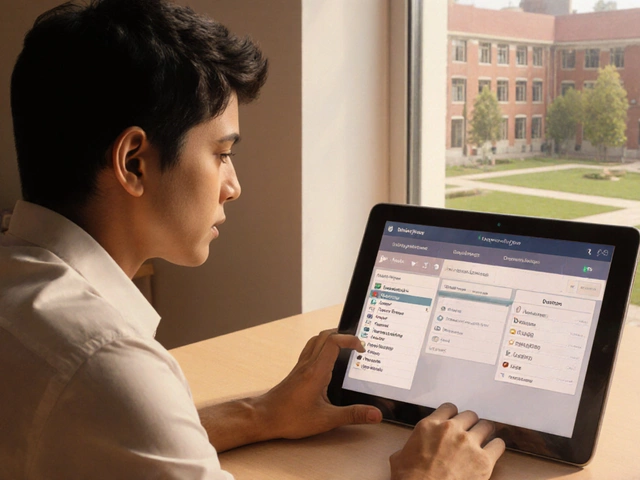Plumbing: Skills, Challenges, and Career Insights
When working with plumbing, the trade of installing, repairing, and maintaining water‑based systems in homes and businesses. Also known as pipe work, it plays a vital role in public health and building safety. Plumbing encompasses pipe installation, leak detection, and system design, and it requires a solid grasp of local codes and basic physics. If you’ve ever wondered why a single drip can waste gallons, the answer lies in the same principles that plumbers apply every day.
A key reality many newcomers overlook is plumber stress, the physical and mental pressure that comes from tight deadlines, unpredictable emergencies, and the need for constant problem‑solving. Tight schedules, heavy lifting, and sometimes hazardous environments combine to make stress a daily companion. Understanding these pressures helps you build coping strategies, like proper tool ergonomics and realistic time buffers, which can turn a stressful shift into a manageable one.
Another big piece of the puzzle is the vocational training, hands‑on education programs that teach practical skills such as pipe fitting, blueprint reading, and safety compliance. These programs bridge the gap between theory and the real world, giving you the confidence to tackle the hardest part of plumbing: complex system diagnostics. A solid training foundation also opens doors to higher‑paying specialties like commercial plumbing or gas line installation.
What makes plumbing especially interesting is how it ties together several related concepts. For example, plumbing requires knowledge of water pressure dynamics, which influences pipe sizing decisions. It also intersects with sustainable building trends, where low‑flow fixtures and gray‑water recycling become part of the standard toolkit. These connections create a web of opportunities for anyone willing to keep learning.
Below you’ll find a curated set of articles that dive deeper into each of these areas. From real‑world stress stories to detailed guides on tackling the toughest jobs, the collection is designed to give you practical takeaways and a clearer picture of where a plumbing career can take you.

Do You Need to Be Good at Math for Plumbing?
Exploring whether math skills are essential for plumbing, this article delves into the real-world application of math in plumbing tasks. It discusses practical examples where basic math is useful and offers insight into how aspiring plumbers can enhance their skills. While advanced math isn't necessary, having a basic understanding can make tasks easier and more efficient. Ultimately, the article reassures that anyone with determination can succeed in plumbing.
View More
Mastering Drain Slope Calculations for Plumbing Success
Calculating the correct fall of a drain is crucial for effective plumbing work, ensuring that water and waste flow smoothly and prevent potential issues. This article explores practical methods and easily understood formulas for determining the right slope for various plumbing systems. Understanding the role gravity plays and how to measure slope accurately are key components of this subject. The right tools and techniques help in making these calculations precise for both residential and commercial properties. Tips and common pitfalls are also discussed to guide new plumbers and DIY enthusiasts alike.
View More


